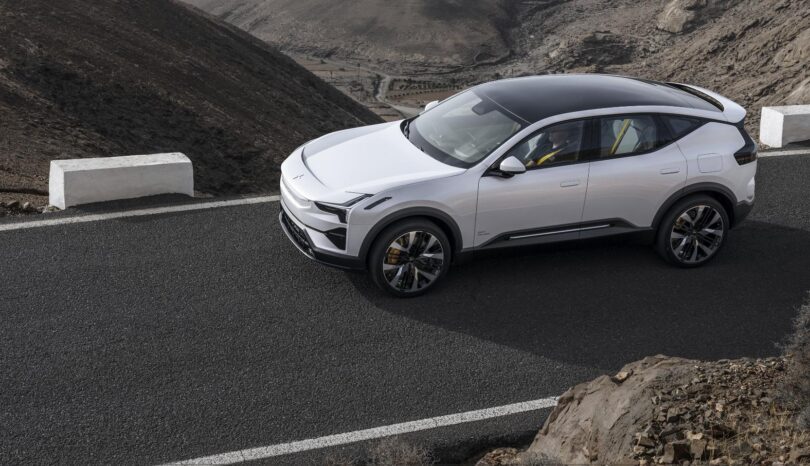
A sign of the times, Volvo’s Polestar performance division has announced that it has cut production targets by 20,000 units for the 2023 model year, while production for the Volvo EX90 and Polestar 3 electric vehicles are both delayed to the first half of 2024. Volvo has also announced a 10% reduction in jobs in an effort to cut costs, despite 25% growth in the global EV market in Q1 of 2023.
The electric revolution appears to be growing steadily. According to the International Energy Agency’s Global EV Outlook, the first quarter of 2023 saw a 25% jump in EV sales compared to the same time last year. It’s a bit puzzling, then, that Volvo and Polestar seem to be scaling back their EV efforts. Despite Polestar’s 26% delivery increase for Q1 2023, the EV maker has announced that it is increasing “cost management” and pushing back production of its latest release.
Confounding matters, Volvo is delaying the production of its EX90 electric SUV to the first half of 2024, meaning its “early 2024” availability seems unlikely. Likewise, the Polestar 3 EV that’s based on the same platform will see similar production delays. Both companies cited increasing time in software development as the reason for extending the production schedule. Polestar is also cutting back its production targets for 2023 from its original 80,000 unit target to 60,000-70,000.
Despite the adjusted production forecast, Polestar still expects 16-36% growth year-over-year. More concerningly, Volvo is reportedly reducing its labour division by 10% in an effort to cut costs. Although the electric vehicle market does seem to be growing healthily, it is currently a tumultuous market. Look no further than Tesla’s recent immense price cuts in response to stiffer competition from BYD, in addition to Ford’s notorious US$58,000 per-unit loss on the Mach-E, to see how competitive the market has become.
Buy a JuiceBox 40 Amp Smart Electric Vehicle (EV) Charging Station with WiFi on Amazon.
Related Articles
Julian van der Merwe – Magazine Writer – 132 articles published on Notebookcheck since 2022
My interest in tech started in high school, rooting and flashing my Motorola Defy, but I really fell down the rabbit hole when I realised I could overclock the i7 930 in my Gigabyte pre-built PC. This tinkering addiction eventually lead me to study product design in university. I think tech should improve the lives of the people using it, no matter the field. I like to read and write about laptops, smartphones, software and trends in technology.
Julian van der Merwe, 2023-05-16 (Update: 2023-05-16)






